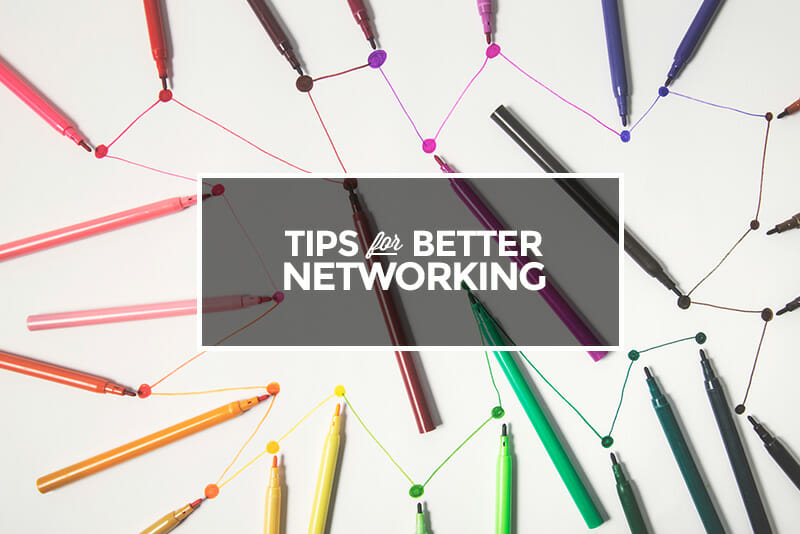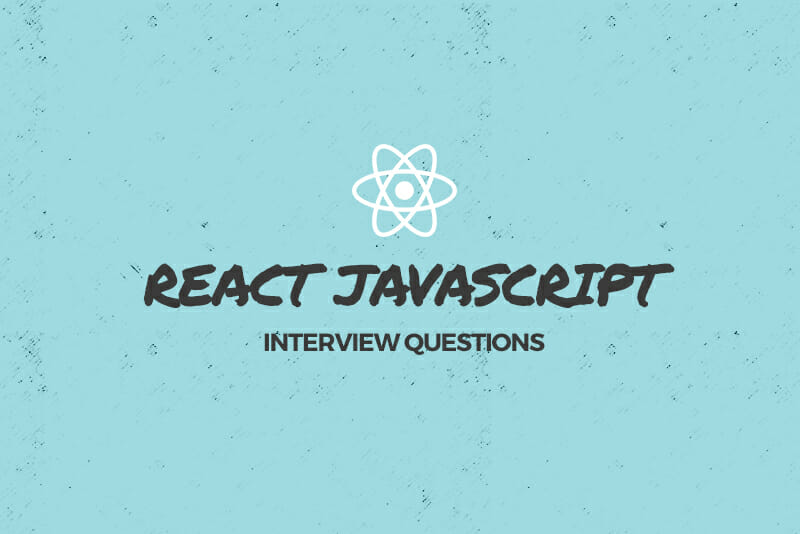Home » Tech Jobs Database » Quality Assurance (QA) Engineer
Quality Assurance (QA) Engineer
Also goes by: Quality System Specialist, Quality Coordinator, Quality Technician, Tester
What Is a Quality Assurance (QA) Engineer?
These developers don’t normally build software, they test it! This can include writing automated tests, performing manual tests, and more.
How much will I make?
Salaries can range by location and years of experience, but these are averages for the US.
$80,912.00
according to Salary.com
Will I get a job?
Projected job growth is 17% for the period 2020-2030 in the US, according to the U.S. Bureau of Labor Statistics.
1,545
Total Openings
according to comptia.org
Who will I work for?
- Tech Companies
- Software Companies
- E-commerce Companies
- Game Development Companies
Quality Assurance (QA) Engineer’s Daily Activities
No Quality Assurance (QA) Engineer works alone! Quality Assurance (QA) Engineers spend their days collaborating with designers, other developers, and product or project managers to bring software applications to life. Below you will get a sense for what a day-in-the-life of a Quality Assurance (QA) Engineer could be:
Collaborate With Your Team Members to Build software applications
Quality Assurance (QA) Engineers work hand-in-hand with their team members to create software applications. In order to do this, you’ll need to have an understanding of a wide variety of skills including HTML, CSS, JavaScript. Collaboration can take many forms, including planning and strategy meetings, design brainstorms, reviews, and pairing.
Code Your software application
Much of a Quality Assurance (QA) Engineer’s day is spent coding. In practice this means having a development environment set up on one’s computer that allows you to track your progress as you go.
Test Your software application
One of the joys of working as a Quality Assurance (QA) Engineer is that software applications are ALWAYS breaking! As a Quality Assurance (QA) Engineer one of your core duties is testing your software applications for bugs and errors and working to fix them
Quality Assurance (QA) Engineer
It’s absolutely possible to become a Quality Assurance (QA) Engineer even if you have no prior experience in tech and no degree. In fact, a career as a Quality Assurance (QA) Engineer is one of the best entry level jobs in tech. Read on to learn how to do it!
Learn The Required Skills
First things first, in order to become a Quality Assurance (QA) Engineer you have to learn the required tech skills!
HTML
HTML (HyperText Markup Language) is a coding language used to define parts of web pages or mobile apps to the web browsers that visit them, for example HTML tells browsers which part of a webpage is a header, which is a footer, where paragraphs belong, where images, graphics, and videos are placed, etc.
Read MoreCSS
CSS stands for Cascading Style Sheets with an emphasis placed on “Style.” CSS specifies your document’s style — page layouts, colors, and fonts
Read MoreJavaScript
JavaScript is a scripting language used to create and control dynamic website content, i.e. anything that moves, refreshes, or otherwise changes on your screen without requiring you to manually reload a web page.
Read MoreResponsive Design
Adapts web content to different devices, optimizing user experience and ensuring proper display on desktops, tablets, and smartphones.
Read MorePrototyping Tools
Prototyping tools help designers create interactive models of apps or websites. Example: Adobe XD, Figma, Sketch used for wireframes, mockups, and prototypes.
Wireframing
Wireframing is the process of creating basic visual representations or blueprints of websites or applications to outline the layout and structure, aiding in planning and communication during the design and development stages.
Read MoreGraphic design
Graphic design is the process of creating visual content, such as logos, illustrations, and websites. Graphic designers use a variety of tools and techniques to create their designs, such as Adobe Illustrator, Photoshop, and InDesign.
ReactJS
ReactJS is a JavaScript library used for building user interfaces in web applications, offering a component-based approach and efficiently updating the user interface based on data changes.
Git
Git is a distributed version control system that tracks changes in source code during software development, facilitating collaboration among developers and enabling code management across different versions.
Read MoreUser Testing
User testing involves evaluating software or products with real users to gather feedback and insights on usability, user experience, and potential improvements.
Design Systems
Design systems are a collection of reusable components, patterns, and guidelines that are used to create consistent and user-friendly experiences across a variety of products and platforms.
Version Control
Version control is the management of changes to documents, source code, or other files, allowing multiple users to collaborate and track revisions, facilitating teamwork and preventing conflicts.
Read MoreBuild A Portfolio
The best way to demonstrate that you have the necessary skills—especially when you have no prior experience—is with a portfolio of professional quality coding samples.
Check out these blog posts for more:
Apply For Tech Jobs
Once you’ve learned all the required technical skills and built a killer portfolio, it’s time to dust off that old resume and LinkedIn profile and hit the pavement, or Internet superhighway as it were, in search of your first job as a Front End Developer!
➡️ Prepare Your Resume, LinkedIn, and Portfolio
Although your most valuable asset as you job search is your portfolio, you do have to cross your t’s and dot your i’s and when it comes to the job search that means optimizing your resume and LinkedIn profile. Tech employers expect you to have all three!
Check out these blog posts for more:
➡️ Build Your Network
Your net worth is in your network, which can be hard when you’re changing careers! But don’t worry, the tech industry is incredibly welcoming to newcomers. Whether you prefer in-person meetups, Slack channels, coffee-over-zoom chats, conferences, hack-a-thons or a little bit of everything, there are tons of opportunities for you to meet fellow techies.
Check out these blog posts for more:
➡️ Find Good Jobs To Apply For
A good job can be hard to find—or is it? The good news about tech is that there are so many openings at so many diverse companies that your biggest challenge will most likely be keeping up with all the opportunities!
Check out these blog posts for more:
➡️ Practice Interviewing
Whether you’re a season pro, or brand new to the tech industry: interviewing for a new job is tough! Add to that technical interviews…and you’ve got a recipe for heartburn, practically guaranteed. Luckily there’s an antacid on the market that works every time: practice. Read on for expert guidance on how to prepare for your next tech job interview.
Check out these blog posts for more:
➡️ Prepare for Technical Tests
Ah the dreaded technical test! Technical tests can come in many different forms: whiteboard tests, pair programming tests, take-home tests, algorithmic tests…just to name a few. Luckily, getting good at technical tests is a skill, just like anything else, and it’s one you can absolutely practice ahead of time.
Check out these blog posts for more:
You Might Also Be Interested In Learning About:
DevOps Engineering
While not strictly a “developer” title, DevOps engineers work closely with software development and IT teams to oversee code releases. They might work on infrastructure, automation, CI/CD pipelines, and more.
Learn More
Want more options?
Explore More than 57 tech job Profiles available On the Skillcrush Database
explore the databaseFAQ
-
What does a Quality Assurance (QA) Engineer do?
These developers don’t normally build software, they test it! This can include writing automated tests, performing manual tests, and more. You will find Quality Assurance (QA) Engineer working at a number of different types of companies including Tech Companies, Software Companies, E-commerce Companies, Game Development Companies.
-
How much do Quality Assurance (QA) Engineers make?
Although salaries can range by location and years of experience, the average salary for Quality Assurance (QA) Engineer in the US is $80,912.00 according to Salary.com.
-
Is a Quality Assurance (QA) Engineer the same as a Quality System Specialist?
Yes, Quality Assurance (QA) Engineers are sometimes also referred to as Quality System Specialist. Other common names for Quality Assurance (QA) Engineer include: Quality Coordinator, Quality Technician.
-
Are Quality Assurance (QA) Engineer in demand?
Yes, Quality Assurance (QA) Engineer is in high demand: there are currently 1,545 jobs open. And the number of jobs is expected to grow substantially over the next 10 years. Projected job growth is 17% for the period 2020-2030 in the US, according to the U.S. Bureau of Labor Statistics.
-
Is a Quality Assurance (QA) Engineer a good job?
Yes, with an average salary of $80,912.00 according to Salary.com, and 1,545 current job openings, Quality Assurance (QA) Engineer is considered a great job.
-
What skills does a Quality Assurance (QA) Engineer need?
In order to work as a Quality Assurance (QA) Engineer you will need to know a number of different technical skills including Agile Methodology, 3D mathematics, AI, .NET, Algorithms.
-
Is it too late to become a Quality Assurance (QA) Engineer at 35?
Absolutely not! You can become a Quality Assurance (QA) Engineer at any age. And since so many jobs in tech, like Quality Assurance (QA) Engineer, are relatively new, if no one over 35 could become one, there would be even MORE job openings than the 1,545 open Quality Assurance (QA) Engineer roles that there are!


















